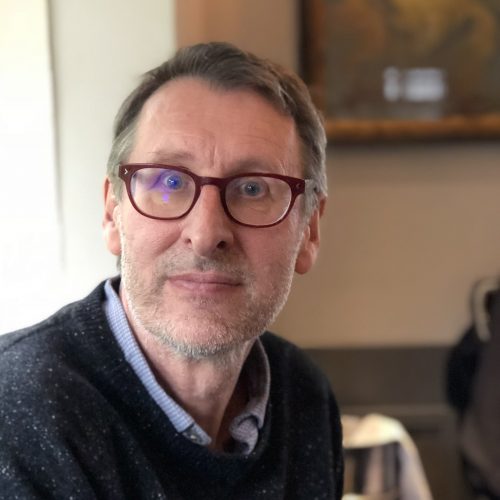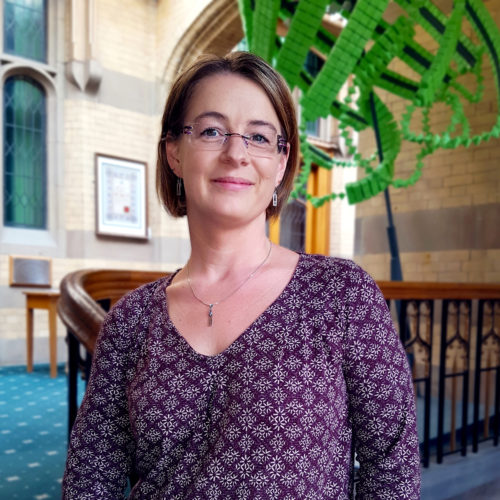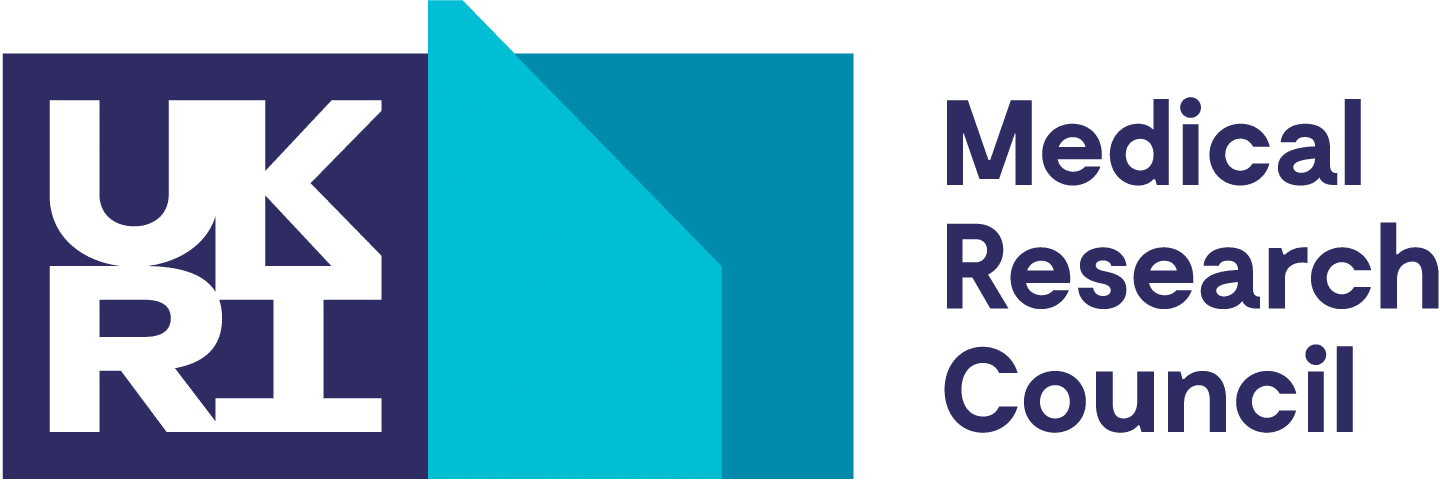Beata Surmacz-Cordle received her PhD from Imperial College in London working in the laboratory of Meng Li. She applied developmental biology knowledge to improve differentiation of hESCs to dopaminergic neurons for treatment of Parkinson’s disease. Following her PhD, Beata moved to Pfizer’s Reg Med Unit in Cambridge as a Postdoctoral Fellow, working mainly on CMC process and analytical development for a cell therapy product for Age Related Macular Degeneration (hPSC to RPE cells). This work was performed in close collaboration with Pete Coffey. In addition, Beata also lead work developing drug screening platforms using hPSCs derived sensory neurons and neural stem cells.
After Pfizer, Beata moved to the Cell and Gene Therapy Catapult in London and was given the opportunity to lead analytical development efforts on over 10 different cell and gene therapy products from discovery stage to Phase 2, including GxP. She provided strategic leadership for the Analytics Programme addressing industry wide analytical challenges for ATMPs. In March 2020, she moved to GSK, to lead CMC development, from phase 1 to pivotal, across a portfolio of immuno-oncology cell and gene therapy products.


















